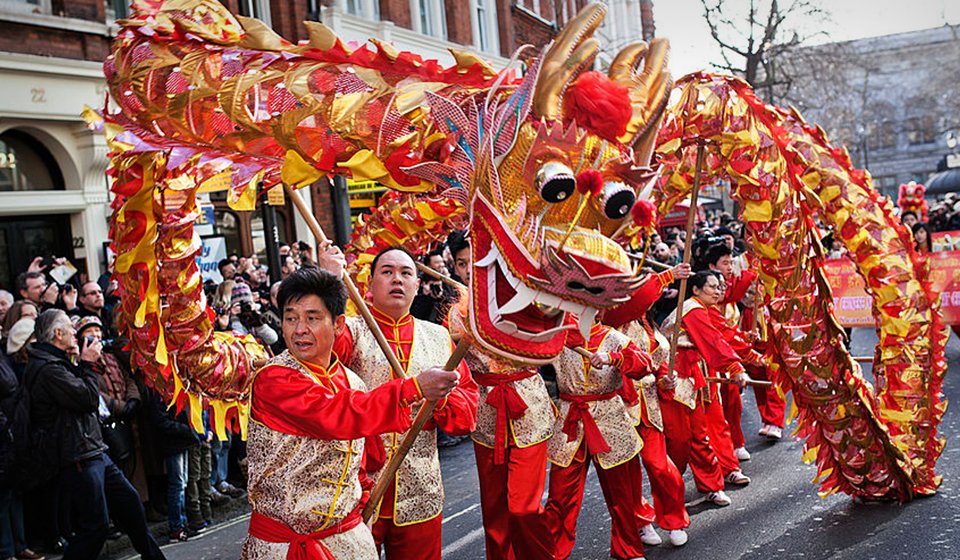At the start of 4717, another Chinese New Year, as they celebrate the year of the pig, Alicante’s Chinese community, the fourth largest in the country, is increasingly integrating itself into the province, where they continue to invest in business and in property.
The sea, seafood and pleasant temperatures are what most attract the Chinese community, over 10,000 now resident, according to the National Institute of Statistics.
The Chinese colony, the fourth largest in the country after Madrid, Barcelona and Valencia, is increasingly integrating itself into the local society: the second generation of Chinese students are now at university and are gradually moving out of the bazaars and Chinese restaurants that brought their parents into the area, and into offices and real estate.
There are also Chinese wine entrepreneurs and engineers who work mostly in Alicante and Elche, said Lili Pan, a spokesperson for the Intercultural Association, organiser of the dragon’s parade that took place in Elche town centre on Saturday. “The Chinese live very well in the province, they keep themselves to themselves, although they are now beginning to integrate rather more.“
Previously Chinese immigrants preferred to go to the United States, England, Australia and to Canada but they are now beginning to appreciate that Spain is also a good country in which to live and work, especially around Alicante where many are now buying homes.
Those who have recently arrived in the area, many attracted by family members already living in Spain are shocked that money is still in regular use, while in China everything is paid for by mobile phone, from food in the supermarket to the train and the taxi.
At the University of Alicante, there are 21 Chinese exchange students aged between 20 and 22, who are studying Spanish. Among them are Wang Yue, “Ursula” and Liu Enshuo, aka “Saints”, from the Canton region, while Wang Quingqing, “Lilia” and Chen Jianying, and are from Sichuan province.
This is also the first time they spend the New Year outside their country and on the eve of the celebration they met with more friends from China in a restaurant where they all celebrated.
“We miss the celebrations back home, although we will see them on the internet and on television,” explained the students, who said they were very comfortable in Alicante, and particularly the mild winter weather and the local Beaches. “As I do not know how to swim, I would like to learn but at the moment I just sunbathe,” says Úrsula.
However the students were also able to celebrate alongside their country folk with a unique parade throughout Elche town centre that served far more than simply welcoming in the New Year of the Asian giant. The parade brought the culture and celebration of the eastern country closer to the people of Elche, intensifying their presence in the town.
Defying the winds, and after four months of preparation, the Asian community celebrated through the streets of the city centre, following two colourful dragons, fifteen metres long, beating their drums as they paraded in traditional costumes. The parade involved a dozen of the 56 Chinese ethnic groups from all over the country as Asians from all over the Alicante area joined in wearing red scarves.
According to the Chinese calendar the year 4717, which is the Year of the pig, is last animal that completes the series of twelve of the Chinese zodiac. It is associated with the planet Saturn, and is attributed to prosperity, desire, strength and fertility





